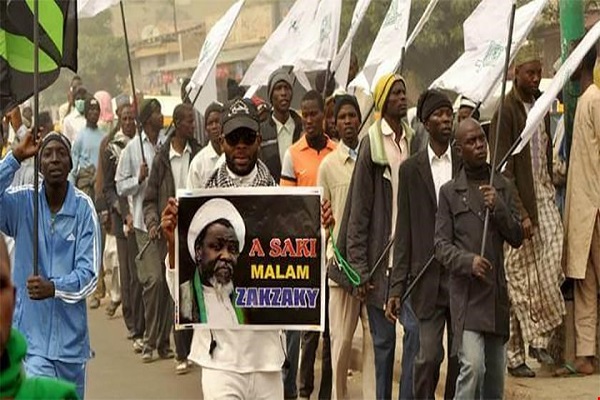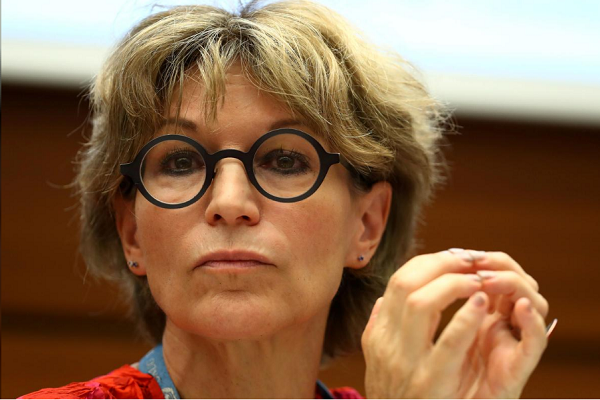UN Condemns Abuja’s Crackdown on Islamic Movement in Nigeria

Agnes Callamard said the move to ban the group appeared be based on what the authorities thought IMN could become rather than its actions. She said she had not been presented with any evidence to suggest the group was weaponized and posed a threat to the country.
She made the remarks in a news conference in the capital, Abuja, where she presented her preliminary findings following a 12-day visit to the country.
Nigeria’s military attacked the movement’s members that year as they were holding religious processions, with Abuja alleging that the Muslims had blocked a convoy of the country’s army commander. The movement has categorically rejected the allegation, and said the convoy had intentionally crossed paths with the IMN’s members to whip up an excuse for attacking them.
The military also raided the house of Sheikh Ibrahim al-Zakzaki, the movement’s leader, at the time.
During the escalation, the 66-year-old was beaten and lost his left eye. His wife sustained serious wounds, and three of his sons and more than 300 of his followers were killed.
Callamard further said Nigeria’s multiple security problems have created a crisis that requires urgent attention and could lead to instability in other African countries if it is not addressed.

Security forces in Africa’s most populous country are trying to tackle a decade-long extremist insurgency in the northeast, banditry in the northwest and bloody clashes between nomadic herdsmen and farming communities over dwindling arable land in central states.
“The overall situation I have found is one of extreme concern,” she added, Reuters reported.
Callamard said the police and military had shown an excessive use of lethal force across the West African country which, combined with a lack of effective investigations and meaningful prosecution, caused a lack of accountability.
She said the country required changes in the judiciary, police and military to stop people resorting to violence in the absence of justice.
“The lack of accountability is on such a scale that pretending this is nothing short of a crisis will be a major mistake. If ignored, its ripple effect will spread in the sub-region given the country’s important role in the continent,” she said.
The extremist insurgency waged by Boko Haram began in northeast Nigeria in 2009 but has spread to parts of neighboring Cameroon, Chad and Niger where members of the group and militants allied to Daesh (ISIL or ISIS) carry out attacks.



